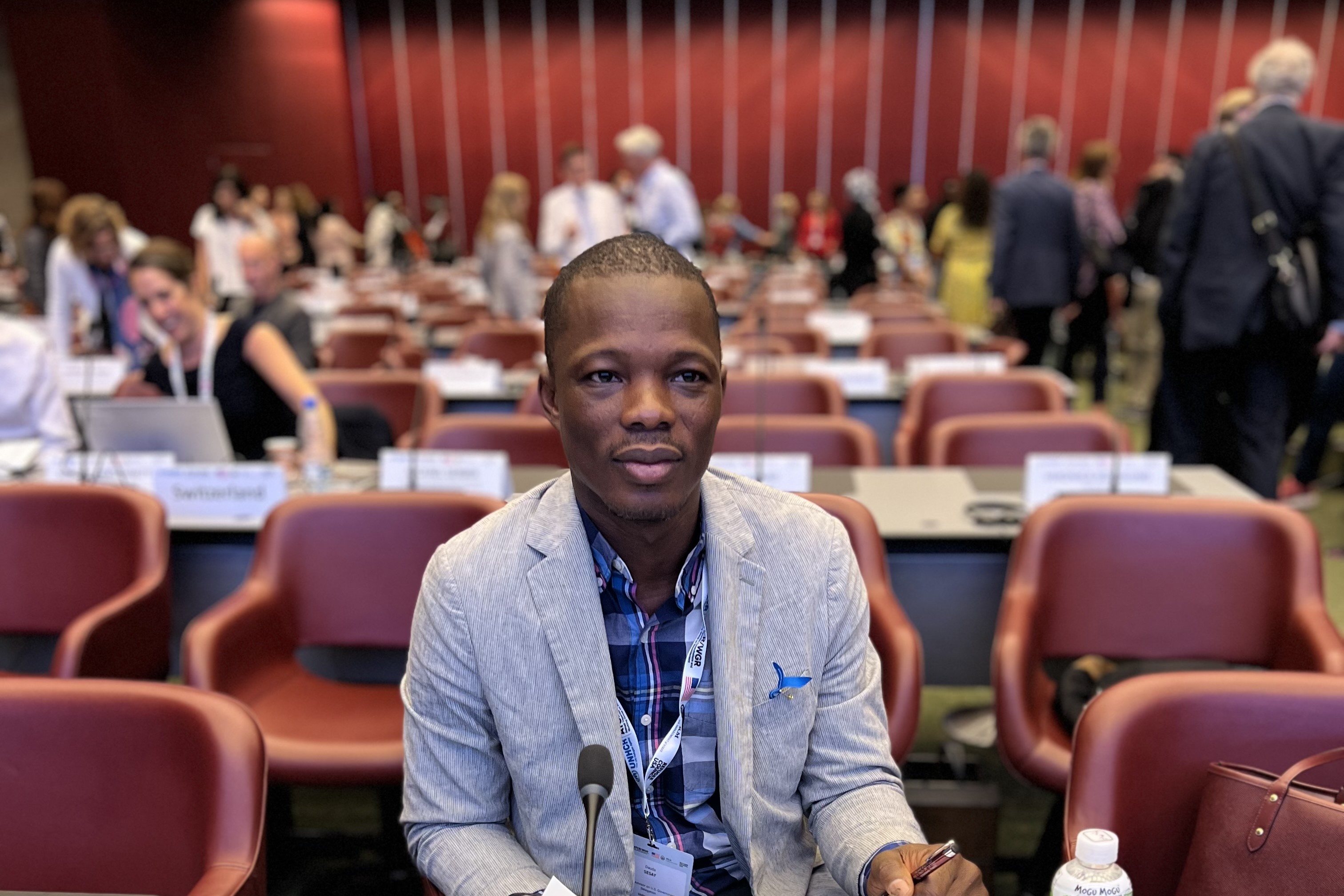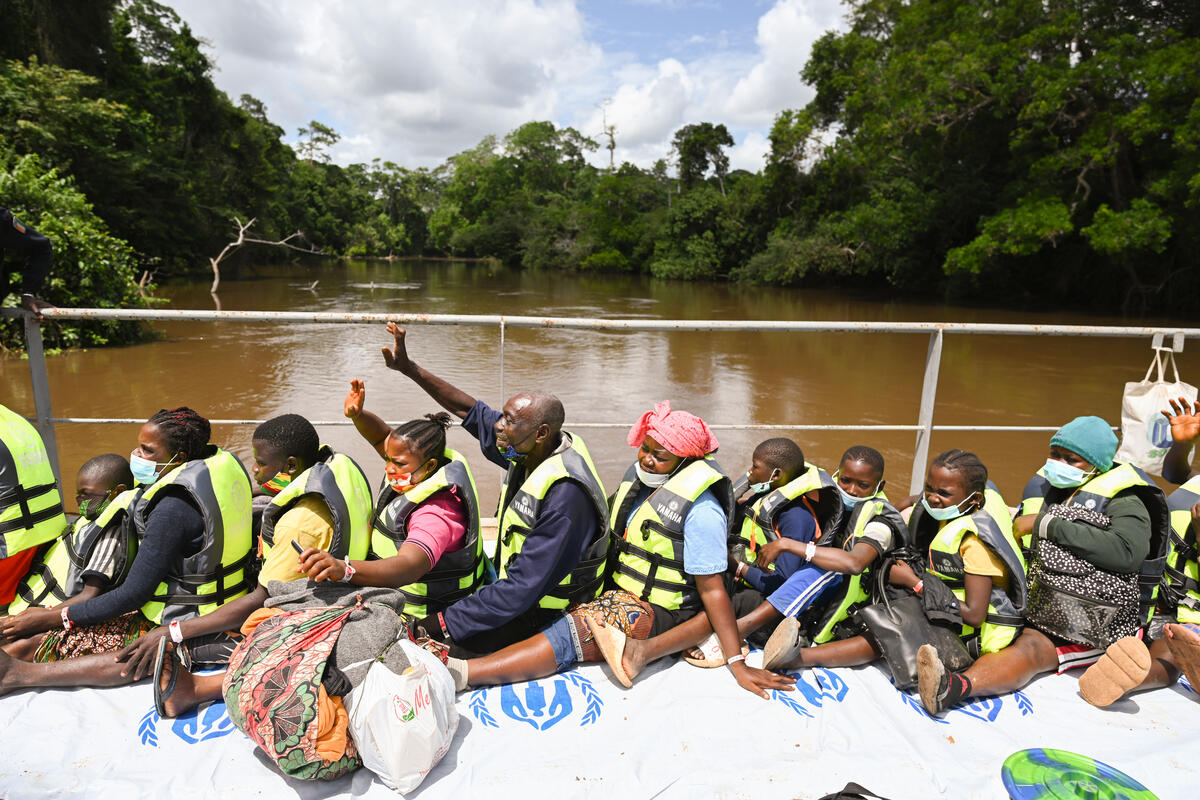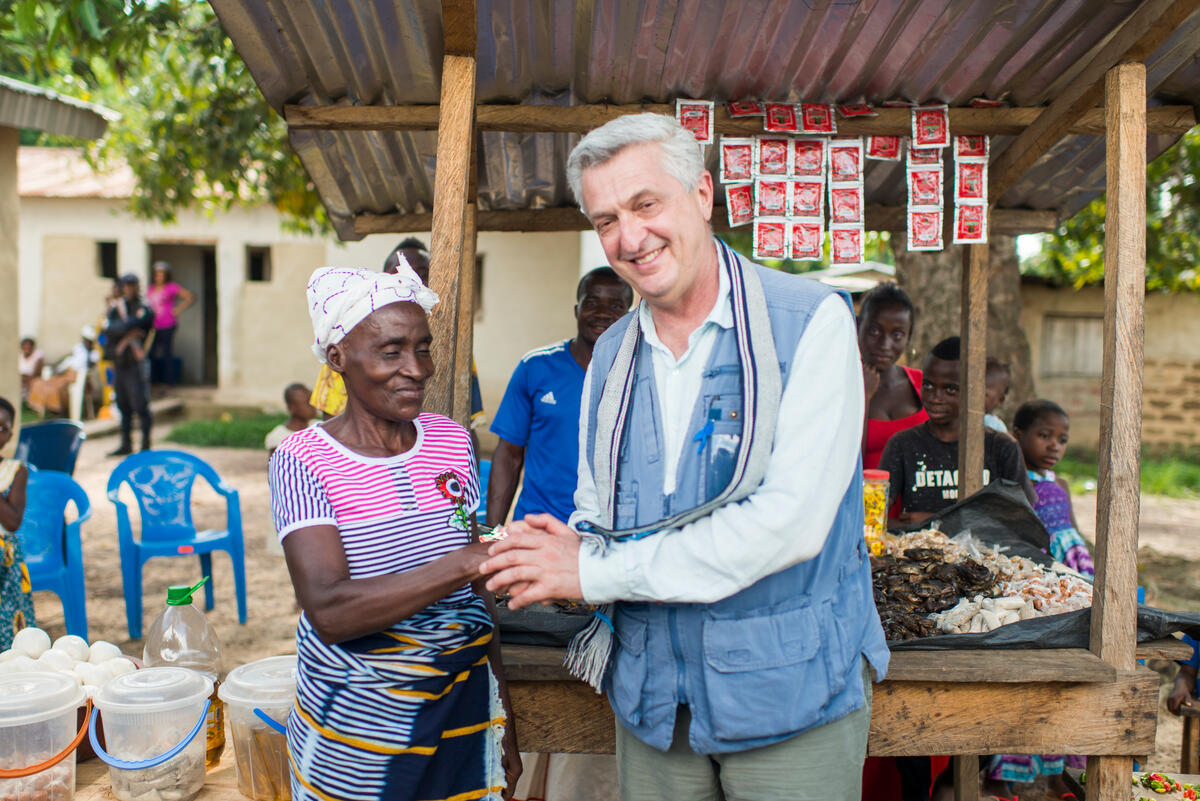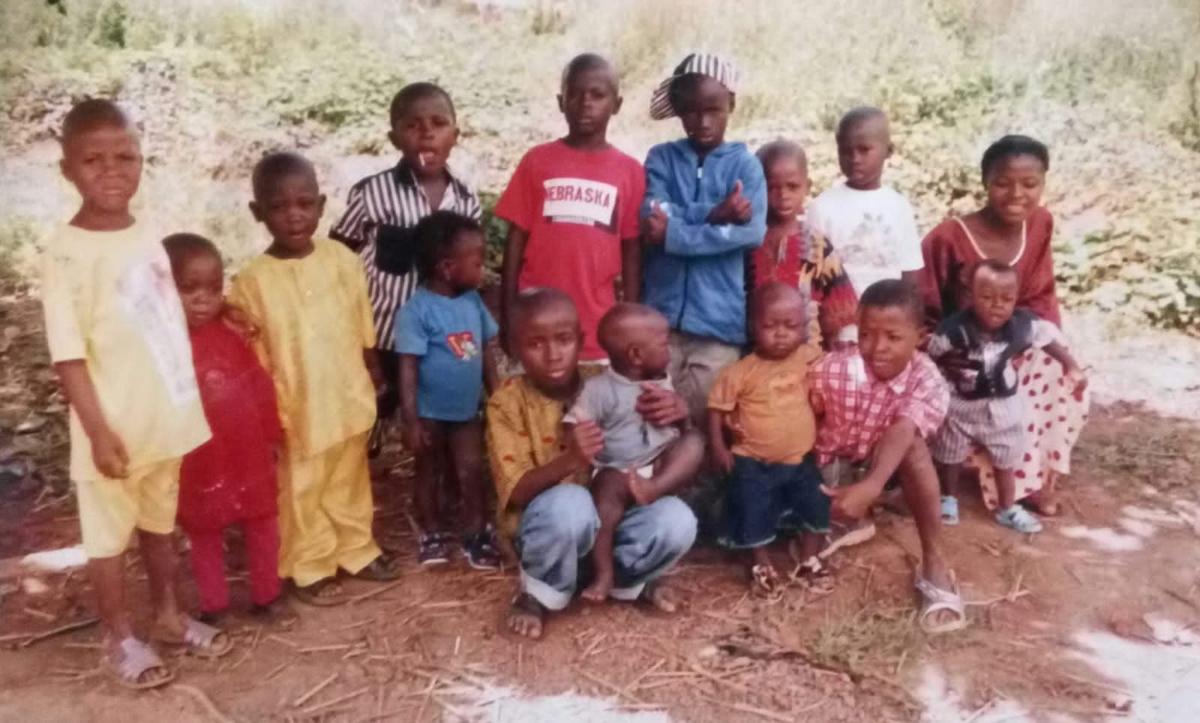Sierra Leone: convoys from Liberia suspended
Sierra Leone: convoys from Liberia suspended
UNHCR has temporarily suspended convoys ferrying Sierra Leoneans returning home from Liberia after a sharp drop in the number of those going back. The decrease followed a surge in late December in the number of Sierra Leoneans going home from Sinje camp, about 80 km north of Liberia's capital, Monrovia. During the last 10 days of December, an estimated 1,500 Sierra Leoneans left the camp to escape harassment by marauding Liberian soldiers. Those leaving were also encouraged by prospects for peace in Sierra Leone. This prompted UNHCR to organise convoys from the border to camps in the interior of Sierra Leone. However, during the first week of this month, the number of people leaving Sinje camp fell sharply after unruly Liberian soldiers were removed from the camp's vicinity and refugees no longer felt threatened by fighting in the southern part of Liberia. A UNHCR delegation travelled to Sinje, Liberia, last week, cautioning would-be returnees about the limited reception capacity and aid available in eastern areas of Sierra Leone where most of the refugees in Liberia originate. These districts are currently undergoing disarmament and have not yet been declared safe.
In addition, Sinje camp has received a total of 1,800 new Sierra Leonean arrivals who were previously in Liberia's Lofa County and who have fled fighting in that area since early December.
At the same time, Liberians from Lofa and other counties continue crossing into Kailahun district of Sierra Leone, fleeing fighting in North and Central Liberia. A recent UNHCR mission to Kailahun estimated their number at almost 4,000, with 800 arriving over the past three weeks. With the disarmament process in Kailahun scheduled to be completed by early January, UNHCR is looking at ways to step up community-based aid activities for both the local population and the refugees.








